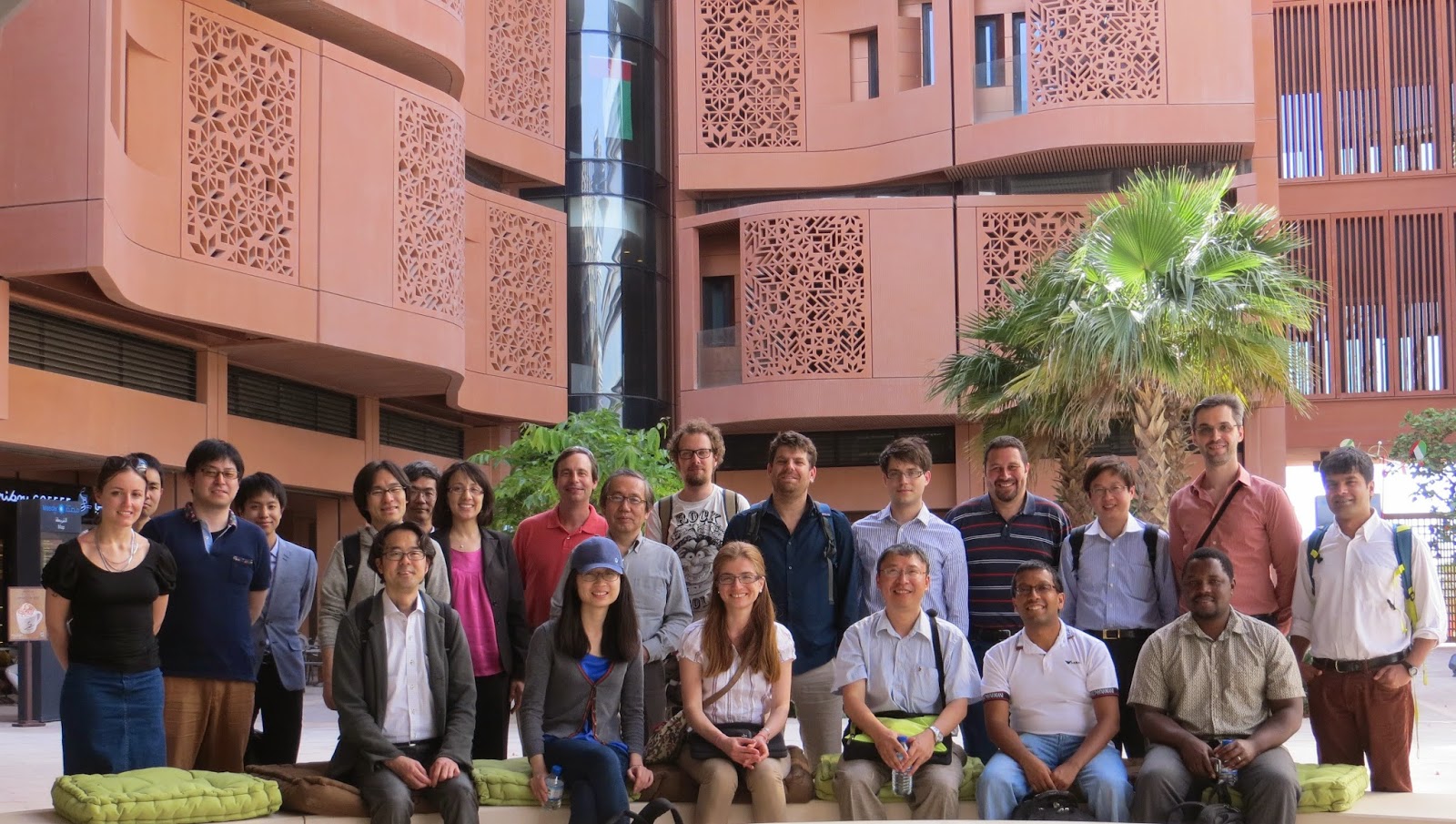2014 Retrospective ...

Highlight from November 2014: Receiving CCT status for Introduction to Cyber Security MOOC from Chris Ensor (Deputy Director, CESG) and Richard Pharro (CEO, APMG) 2014 has been an eventful year across many spheres of my academic life, complete with research published in major conferences and journals, PhD students graduating and new courses launched. My final post for the year is a quick review of some of the highlights: January: The year started with the news that two of the papers I co-authored and submitted to the International Conference on Software Engineering (ICSE 2014) had been accepted for publication. Both of these papers were based on the work of my PhD students, one on privacy requirements engineering and the other on adaptive user interfaces. It turned out to be a pretty successful year for OU research at ICSE overall . February: We got confirmation that the EPSRC would be funding our project, " MonetizeMe: Privacy and the Quantified Self in the Digital











